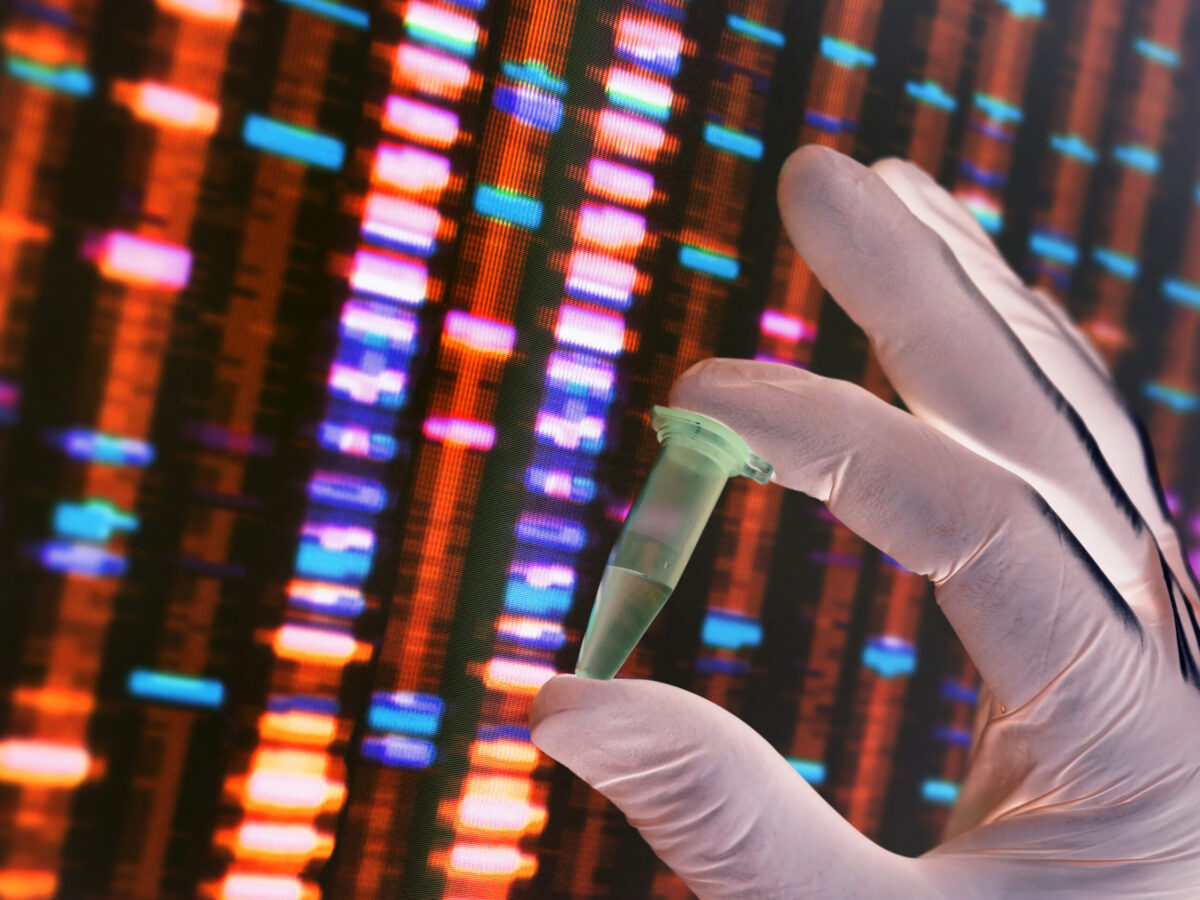A group of researchers at Sichuan University in Chengdu, China, have become the first to inject CRISPR gene-edited cells into a human patient. The procedure was done on a patient with an aggressive form of lung cancer, and is part of a larger clinical trial of the CRISPR/Cas9 technique being conducted at West China Hospital.
Gene editing has shown tremendous promise in treating diseases with a genetic basis, including cancer. As CRISPR is relatively simple and more efficient compared to previous gene editing techniques, it has been the focus of much research aimed at getting the procedure into clinics.
“I think this is going to trigger ‘Sputnik 2.0,’” said Dr. Carl June, who specializes in immunotherapy at the University of Pennsylvania in Philadelphia, “a biomedical duel on progress between China and the United States, which is important since competition usually improves the end product.”
June plans to lead a clinical trial of CRISPR in early 2017, with the aim of targeting three cancer-associated genes. Next year, another group of researchers at Peking University in Beijing, intends to commence three clinical trials using the CRISPR technique to treat prostate, bladder and renal-cell cancers.
The Chinese researchers in Chengdu, led by oncologist Lu You, had plans to start injecting patients with the CRISPR gene-edited cells soon after they received review board approval in July, however they ran into several hurdles. According to Lu, the methods used to grow the cells took longer than they expected, and so the first patient was not injected with the modified cells until late October.
Lu and his team first harvested immune cells from the patient’s blood sample, and edited a single gene using the CRISPR/Cas9 complex. The edited gene encodes the PD-1 checkpoint protein, which dampens a cell’s immune response allowing cancer cells to proliferate while evading the immune system.
After editing the immune cells, the researchers expanded them before infusing them back into the patient. As these gene-edited cells no longer express the PD-1 protein, the hope is that they will be able to target the patient’s metastatic non-small cell lung cancer.
According to Lu, this first clinical trial will primarily assess the safety of the CRISPR technique. The team plans to administer a second injection to the first patient, with another nine study participants scheduled to receive two, three or four injections of their own CRISPR gene-edited cells.
“The technology to be able to do this is incredible,” said Dr. Naiyer Rizvi, of Columbia University Medical Center in New York City. However, Rizvi goes on to say that in practice, this technique is “a huge undertaking and not very scalable. Unless it shows a large gain in efficacy, it will be hard to justify moving forward.”












Join or login to leave a comment
JOIN LOGIN